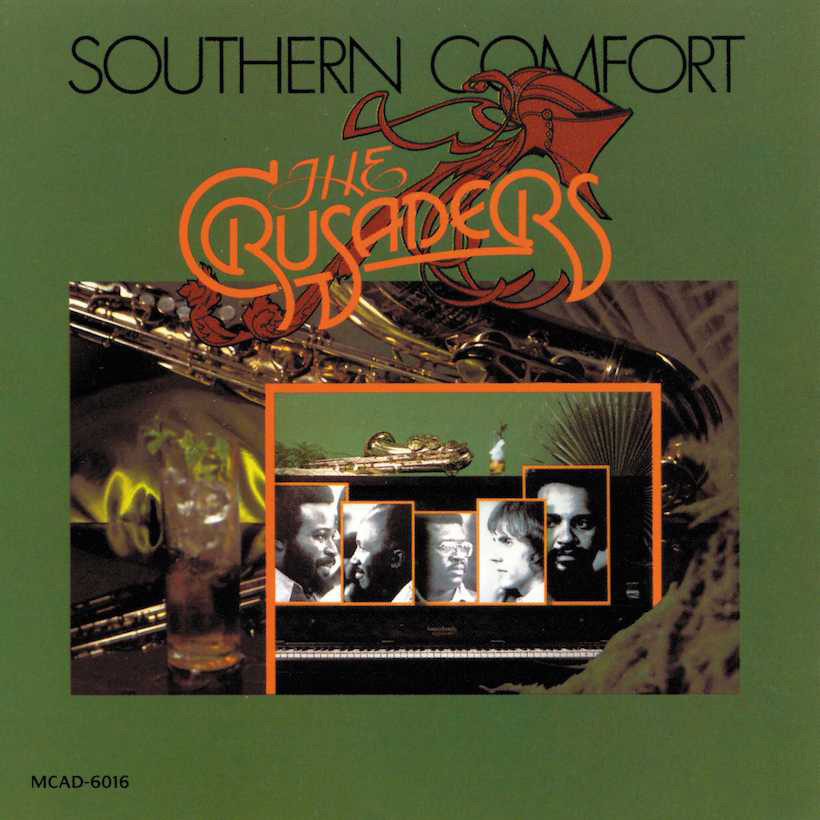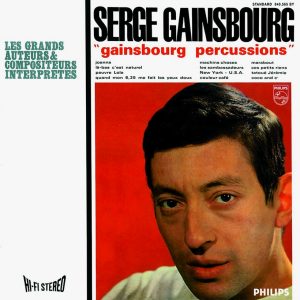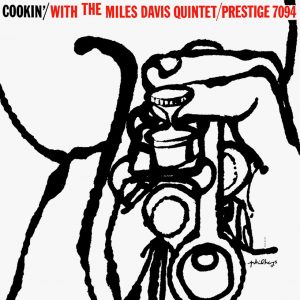Jazz was in a funny place by the mid-1970s, the jazz police had declared that most of what was being released was at best worthless, and at worst the work of dark forces designed to somehow unbalance the musical equilibrium. And yet one band, in particular, strode across the musical landscape embracing jazz, funk, and R&B with aplomb, creating their own very special soundtrack to a decade that was a musical melange.
Listen to Southern Comfort right now.
The Crusaders had not been simply been a 1970s incarnation, having recorded their first album in 1961 for Pacific Jazz, going on to release a further 15 albums before the decade was over. Back then they were known as The Jazz Crusaders, and hard bop was their stock-in-trade. In 1961 the band was Wayne Henderson – trombone, Wilton Felder – tenor saxophone, Joe Sample – piano, Jimmy Bond – bass, and Stix Hooper – drums.
By the time the band recorded Southern Comfort at Wally Heider Recording, in Hollywood with producer Stewart Levine in 1974 Bond had long gone and Felder played both bass and saxophone, while the remaining founding members were still there. Earlier in the decade they had recorded 4 studio albums and released a live album and for Southern Comfort the brilliant guitarist, 26-year-old Larry Carlton had joined their ranks as a fully-fledged member.
Released in October 1974 Southern Comfort made the Billboard Album chart on October 26, becoming their 9th album to enter the best seller list. It stayed around the charts for 5 months and also made No.3 on the R&B charts and it topped the Jazz chart.
“Stomp and Buck Dance” opens the album and it helped the sales by charting on both the R&B and dance chart, it gives you a clue as to the feel of the single, but not the album as a whole. Much of what makes the album so good is the introduction of Carlton, whose lyrical guitar playing injects a whole new vibe into the Crusaders.
“The Wells Gone Dry,” written by Carlton, is one of the standout tracks, as is the title track, a Henderson composition – think “Hill Street Blues” with a dash more funk. Among the standouts is the poignant, “When There’s Love Around” written by Stix Hopper, which features some beautiful Fender Rhodes from Joe Sample.
“Lilies of The Nile” features everyone doing what they do best, but none more so than Felder and Henderson whose sax and trombone are beautiful. In fact, this double LP’s second album is a tour de force, with “Whispering Pines” taking off from where “Lilies of the Nile” finishes. For the album’s closer, there is one of Joe Sample’s typically melodious compositions, “A Ballad For Joe (Louis)” that is a tasteful tribute to the famous boxer.
The Crusaders play intelligently throughout this and all their albums, but Southern Comfort is one of those records that sums up what makes them such a special band. The Crusaders are played far too rarely on the radio these days, other than their huge hit, “Street Life” featuring Randy Crawford – it is a musical injustice. They are a band who survived potential arrest by the Jazz Police and gave those of us who did not think great jazz ended sometime in the mid-60s hope.




